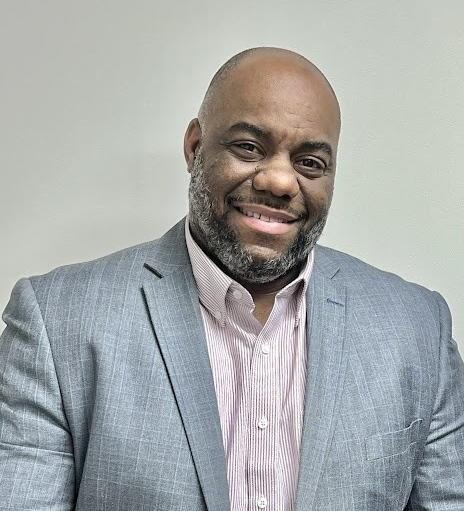Breaking the Stigma: Understanding the Truth About Addiction
- Edison Jaquez

- Sep 24
- 3 min read
Updated: Sep 25

Addiction is one of the most misunderstood conditions in our society. Despite affecting millions of individuals and families across all walks of life, the conversation around substance use is still clouded by shame, stereotypes, and silence. As a licensed drug and alcohol counselor, I’ve worked with people from every background imaginable: teachers, veterans, CEOs, students, and parents, all struggling with addiction. One of the biggest barriers to recovery isn’t the substance itself. It’s the stigma that surrounds it. It’s time we break that stigma. And that starts with understanding the truth.
Addiction Is Not a Moral Failure

One of the MOST DAMAGING MYTHS about addiction is that it's simply a result of poor choices or weak willpower. This couldn’t be further from the truth. Addiction is a chronic brain disease. It affects how the brain processes pleasure, stress, and decision-making. Over time, substance use alters brain chemistry, making it increasingly difficult for a person to stop, even when they want to. This is why addiction is classified medically as a “relapsing disorder,” not a behavioral flaw. Understanding this helps us replace judgment with compassion. Just like we wouldn’t blame someone for developing diabetes or cancer, we shouldn’t blame someone for developing an addiction. We can hold people accountable and support them; both are possible.
What Stigma Really Does
Stigma isolates people. It makes them hide. It silences conversations that could save lives.
When people feel ashamed or judged, they’re far less likely to reach out for help. And those who do often face barriers to discrimination in healthcare settings, a lack of support from family or community, or internalized guilt and hopelessness.
The ripple effect is devastating:

People delay treatment
Families stay silent
Employers look the other way
Communities suffer in silence
Breaking the stigma means calling this out and changing how we think, talk, and act when it comes
to addiction.
What Recovery Really Looks Like

Recovery isn’t about being “fixed.” It’s about healing physically, emotionally, spiritually, and socially. Recovery looks different for everyone. For some, it starts with detox or residential treatment. For others, it’s weekly outpatient counseling or peer support groups. Many engage in long-term therapy, reconnect with their families, find new purpose in work or service, and begin to build lives rooted in wellness. It’s important to understand that relapse does not mean failure. Recovery is a process, and like any chronic illness, it may involve setbacks. But people can and do recover—every day.
The Power of Language
We can all help reduce stigma, and one of the simplest ways is by changing how we talk about addiction.
Instead of saying:
“Addict” → say “person with a substance use disorder”
“Clean/dirty” → say “in recovery” or “actively using”
“Junkie” → don’t say it. Ever.
These shifts may seem small, but they matter. They send a powerful message: You are not your disease.
If You’re Struggling Or Someone You Love Is

If you’re dealing with addiction, know this: YOU ARE NOT ALONE, and help is available. You are not broken, and you are not beyond hope. There are people ready to walk this journey with you, counselors, doctors, peers, and organizations committed to helping you recover. If someone you love is struggling, educate yourself. Listen without judgment. Set boundaries with love. And remember: support doesn’t mean enabling. YOUR COMPASSION AND CONSISTENCY CAN MAKE A WORLD OF DIFFERENCE.
Resources That Can Help
Here are some trusted places to start:
SAMHSA National Helpline: 1-800-662-HELP (4357) – free, confidential 24/7 help
NAMI: nami.org – mental health resources for families and individuals
Al-Anon / Alateen: Support groups for families and friends of people with substance use issues
Local treatment centers and recovery meetings
Licensed counselors and therapists in your area
If you're seeking support, don't wait. Recovery starts with a conversation.
A Final Word: Stigma Ends With Us

Addiction thrives in silence. Recovery grows in connection.
If we want to build a healthier, more compassionate society, we have to lead with understanding, not judgment. ADDICTION IS TREATABLE. RECOVERY IS POSSIBLE. And no one should ever be made to feel ashamed for seeking help. Breaking the stigma starts with understanding the truth about addiction with education, conversation, and compassion. If you’ve read this far, you’re already part of the solution.
Let’s keep growing together.

Edison Jaquez, LAC, LCADC
Licensed psychotherapist
Healing Grounds Wellness Center
609-475-2560






Comments